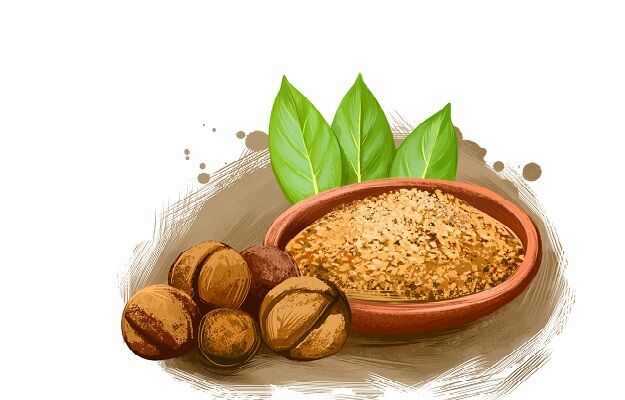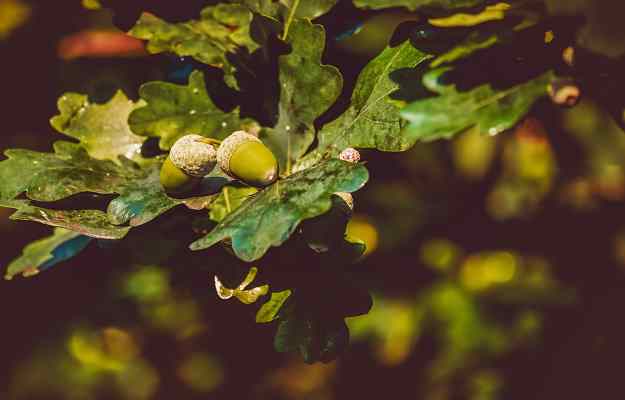Malkangni, also known as Jyotishmati, is an Ayurvedic herb that is most well known for its benefits to the nervous system. Traditionally, this herb is called ‘brain clearer’ and is believed to be helpful in improving intelligence. Malkangni is also considered to be beneficial in the management of rheumatism, asthma, leprosy, gout and many other health conditions.
In Ayurveda, Malkangni is said to be a warming herb that alleviates Kapha and vata dosha. Unani practitioners suggest that this herb should not be given in high doses in warm climates and to young people due to its heating effect on the body. Interestingly, in some parts of India, this herb is applied to the body to provide warmth in winters.
Malkangni plant is indicated to have antifertility effects and is considered to be an abortifacient. The plant may also lead to side effects when taken in high dosage. Consult an experienced ayurvedic doctor before using this herb in any form.
Some facts about Malkangni:
- Botanical name: Celastrus paniculatus
- Family: Celastraceae
- Common names/English name: Intellect tree, Black oil tree, Climbing-staff plant
- Hindi names: Malkamni, Malkakni
- Sanskrit names: Jyotishmati, Svarnalota, Sphutabandhani, Kanguni, Swarnlata, Amruta, katumbhi, Jyotishka, vanhiruchi, Medhya, mati priya
- Parts used: Mainly seeds, seed oil and leaves but also roots, fruit and stem
- Geographical distribution: Malkangni is found widely in Australia, China, Maldives, Cambodia, Malaysia, Taiwan, Thailand, Nepal, the Pacific Islands and India. In India, malkangni is seen more commonly in Orrisa, Maharashtra and the Andaman and Nicobar islands.
































